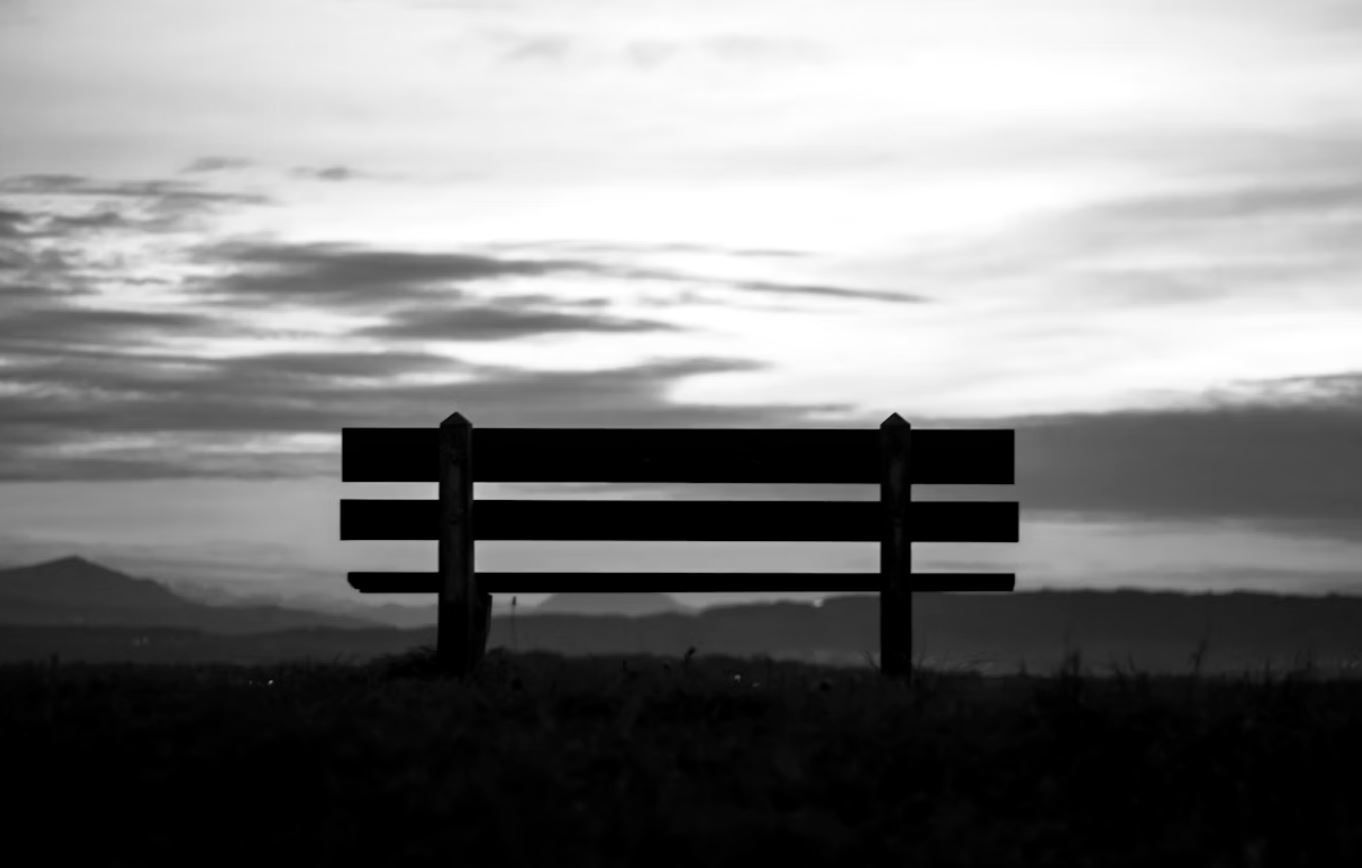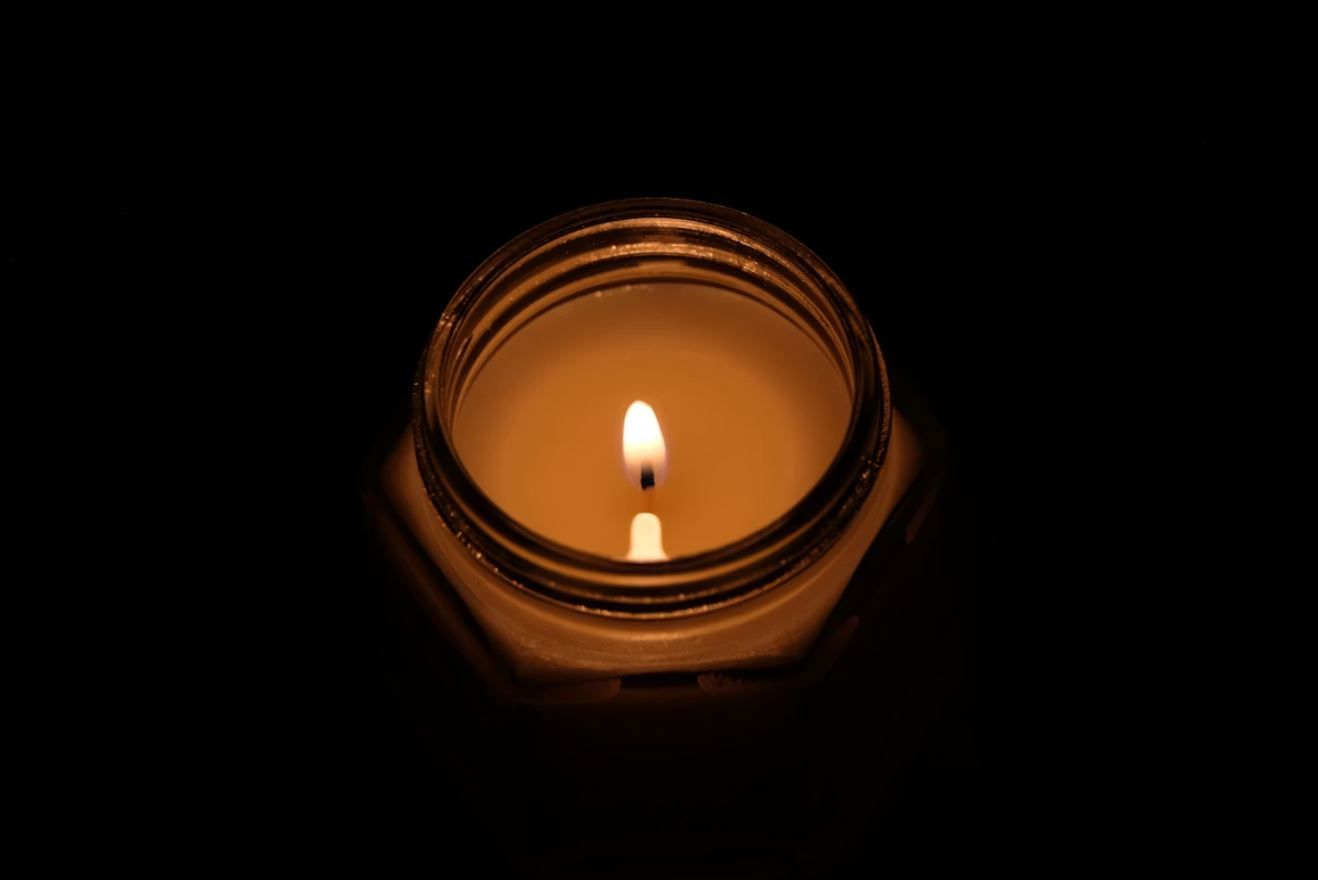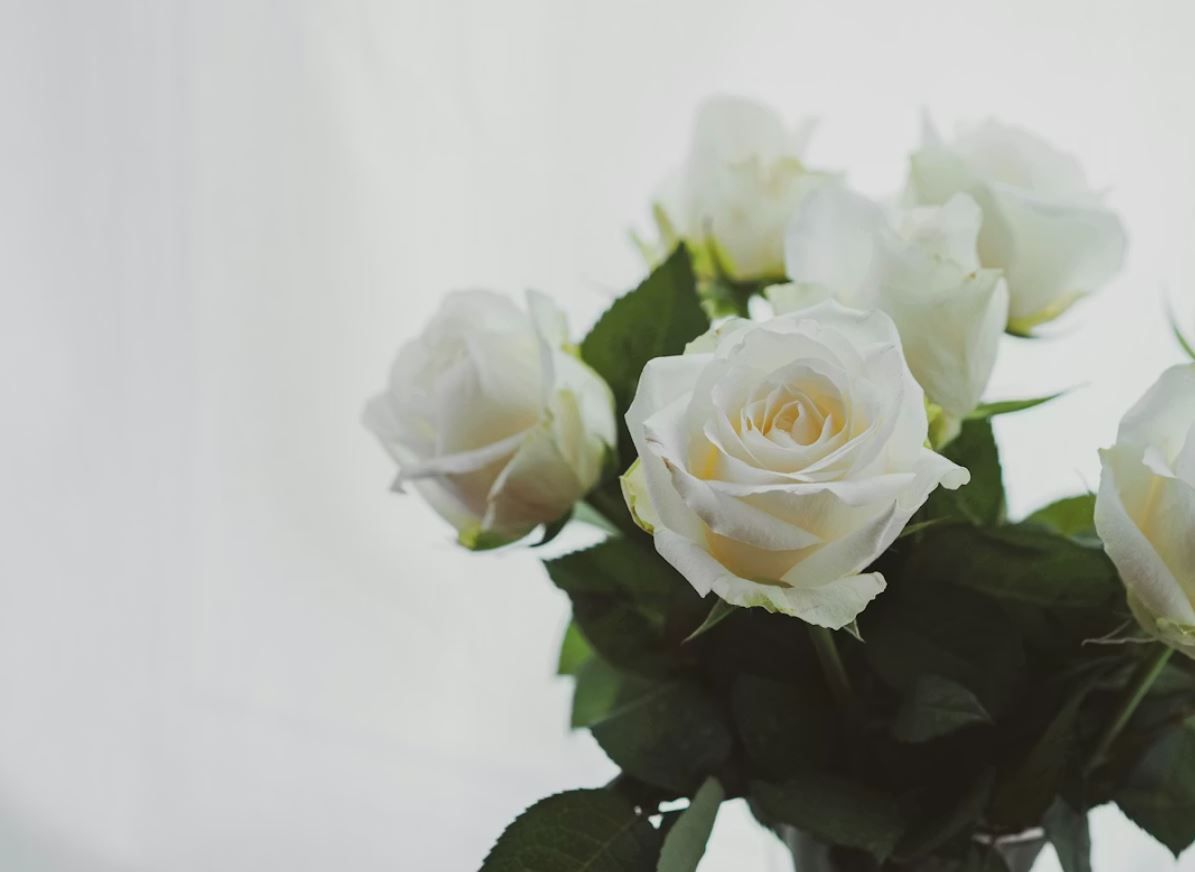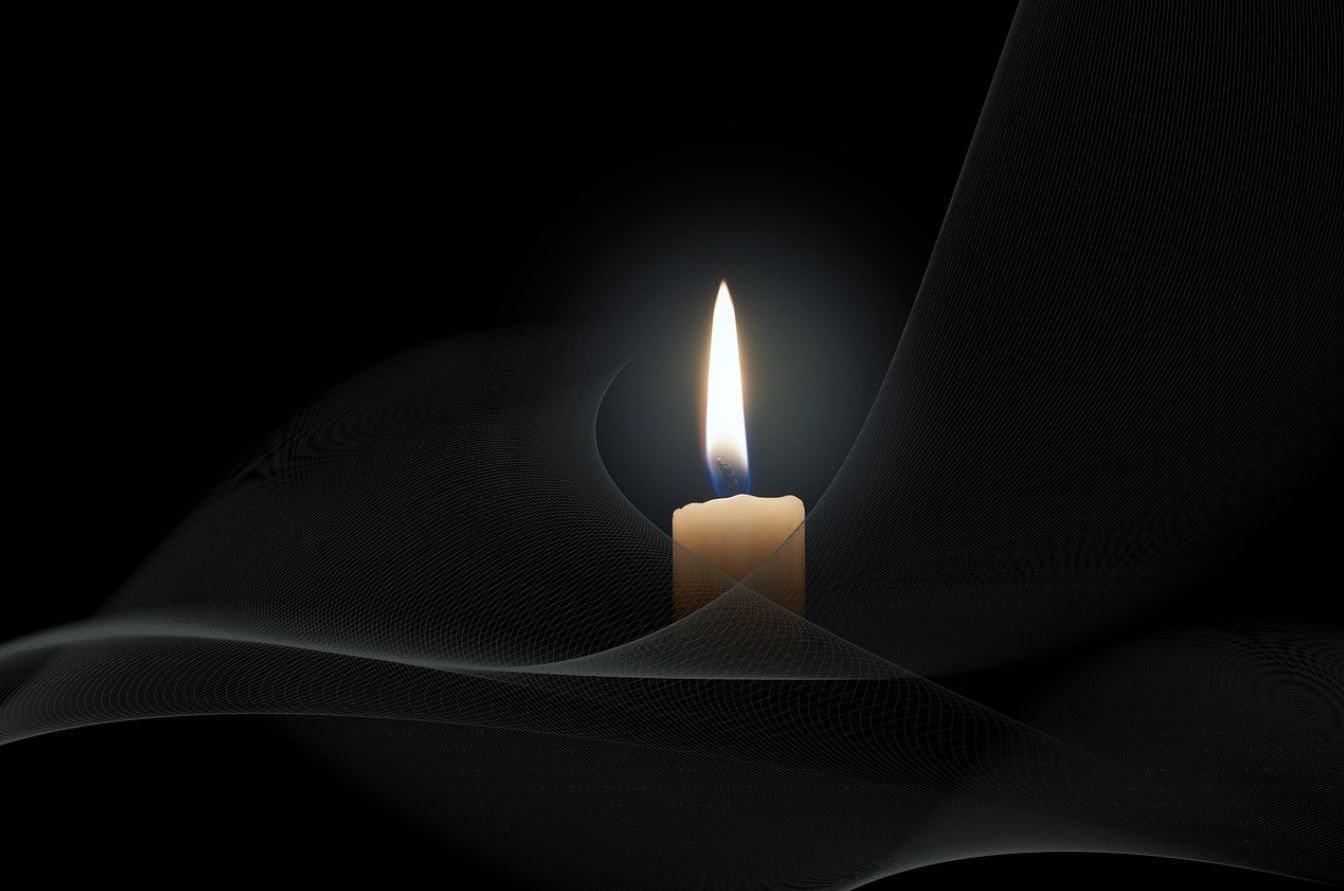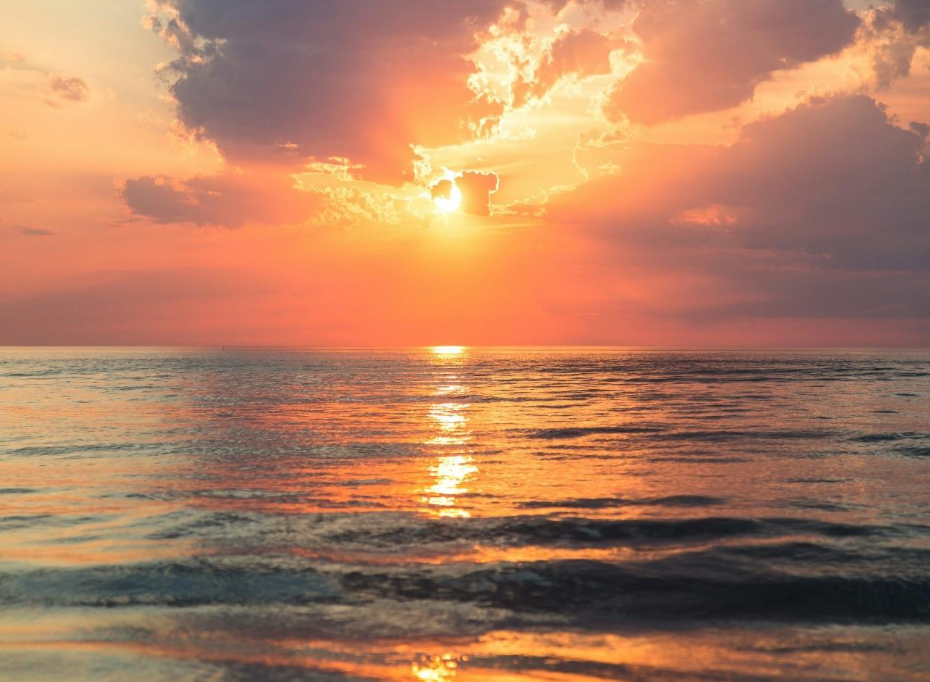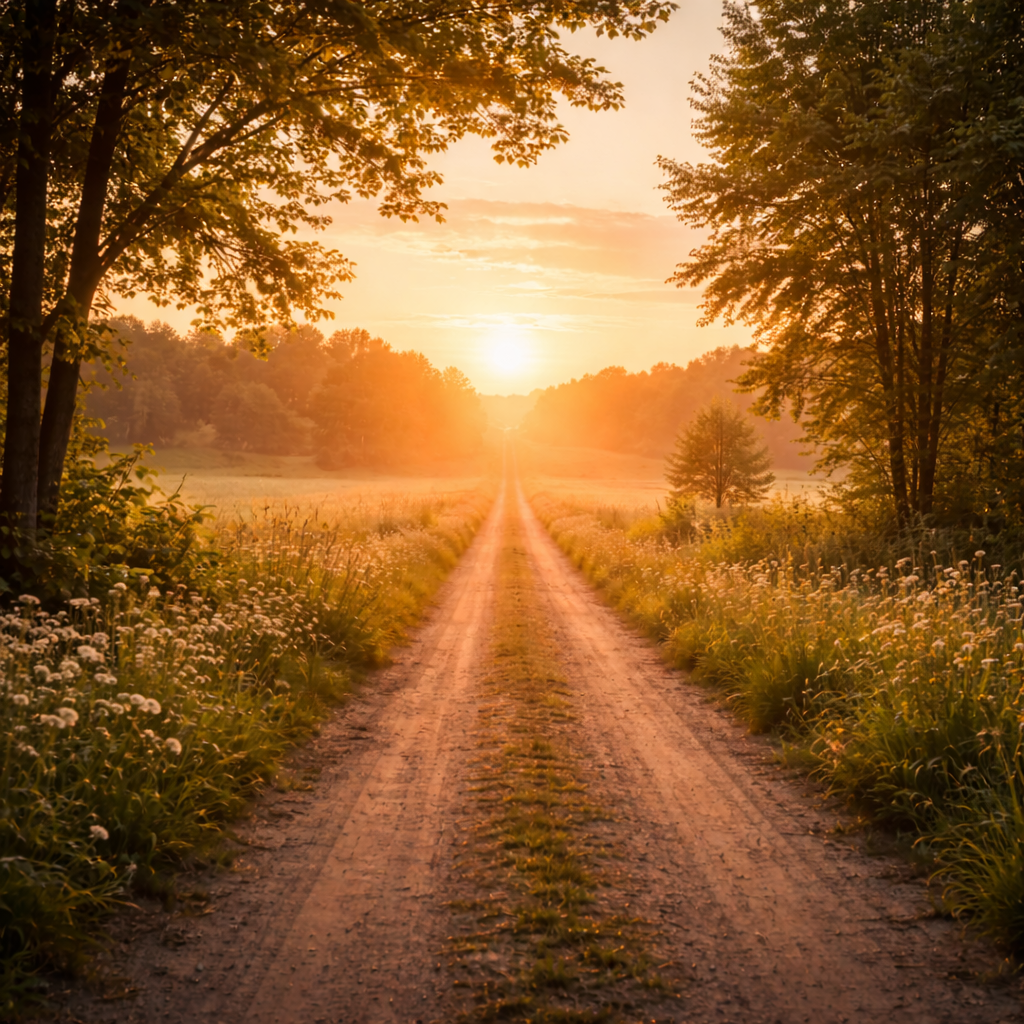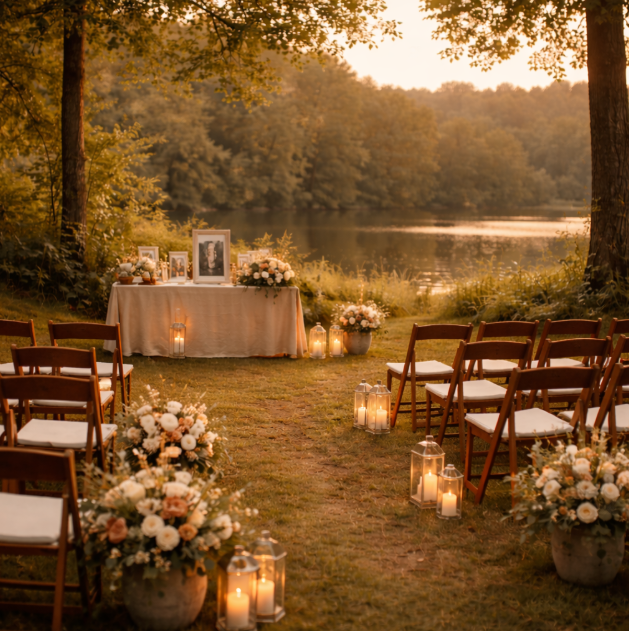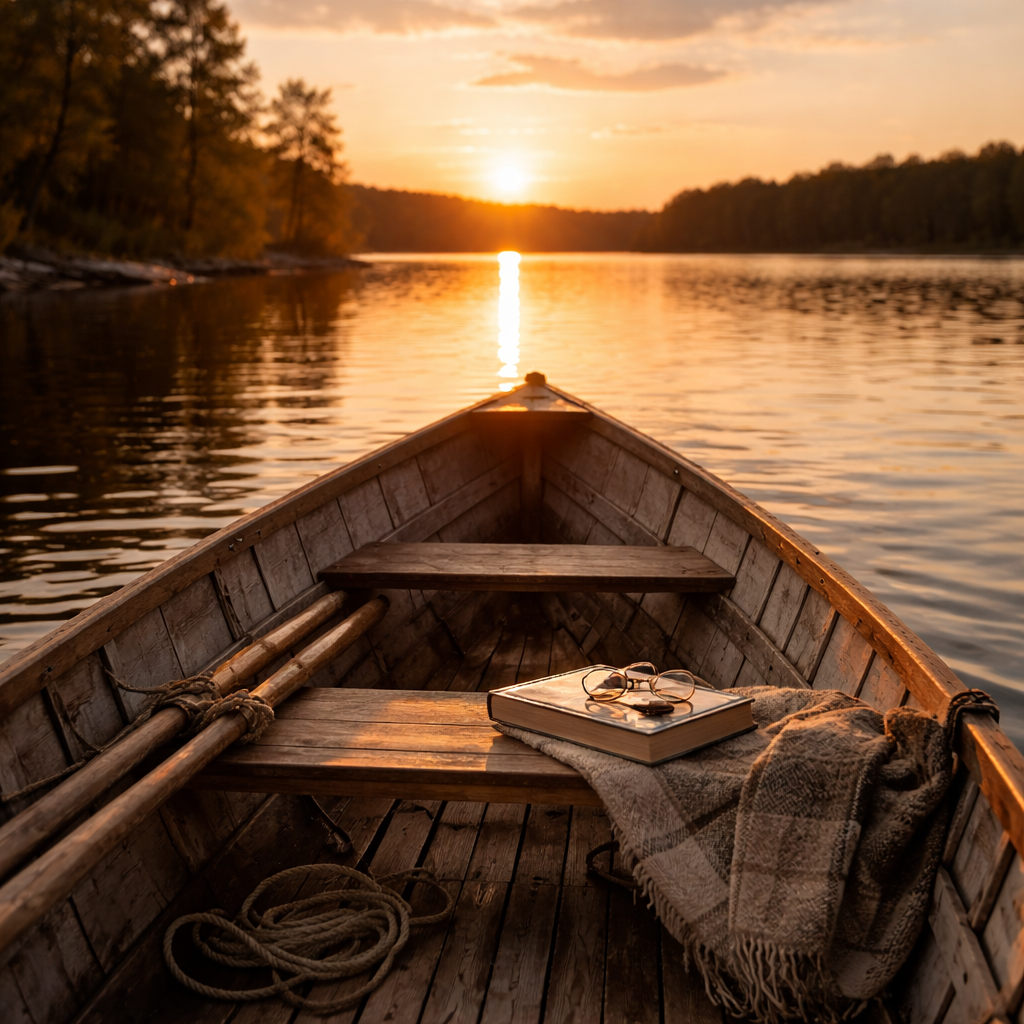Picking the Right Urn for Different Types of Burial
Choosing a burial after cremation is straightforward. Deciding which urn to use is not. There’re different urns to pick from; this article will clarify things.
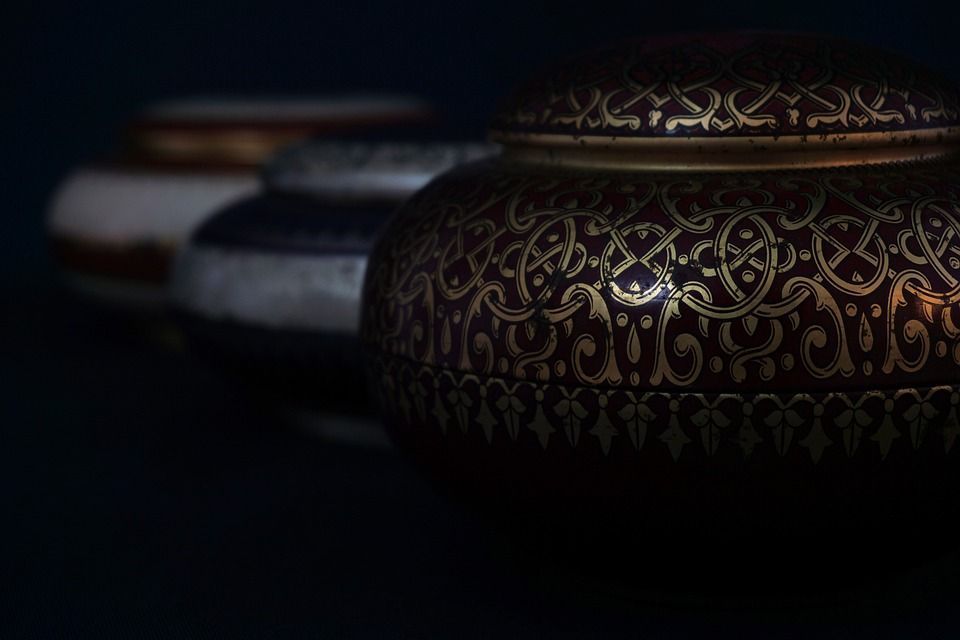
As the saying goes, death is a part of life. For some, the idea of a traditional burial may not be ideal, and cremation may be a preferred option. However, while you don’t have to a funeral expert to find a competent cremation service in Portland, ME, deciding on the type of burial urn to use can be a daunting task. Here, we’ll explore the pros and cons of different burial urn options and how each one serves different needs.
The Classic Urn
The classic urn, typically made of ceramic or metal, is a timeless option for a reason. It’s versatile and can be customized with engravings or designs to reflect the deceased’s personality of the deceased. Additionally, classic urns can be used in a variety of settings, from indoor niches to outdoor gardens.
But you don’t get the same thing from each one. Metal urns are more durable, perfect if you want the remains to last for decades without external protection. While ceramic urns, though, while more fragile, are more aesthetically flexible. If you want to send your loved one in an urn with a unique design, ceramic is most likely to fit the bill.
Pros:
- Timeless designs
- Can be customized
- Versatile use
Cons:
- Ceramic is fragile, may require urn vault
- Metal is prone to rust, limited customization options
The Biodegradable Urn
Biodegradable, or natural urns, are made with different materials. Bamboo, paper, and salt are some of the common options. They are ideal burial urns if the deceased or for families who prioritize eco-friendliness. But the true value of biodegradable urns goes beyond that.
Biodegradable urns decompose naturally over time, leaving little impact on the environment. This expands possible burial location and the kind of ceremony you can have. Water burials, for instance, is only possible with biodegradable urns. So is tree pod burial. Both of which are unconventional ways to say goodbye to a loved one.
Pros:
- Environmentally-friendly
- Enables alternative burials
- Affordable
Cons:
- May not be as durable as other options
- Limited design options
The Companion Urn
For couples who want to be together even in death, a companion urn is a popular choice. These urns are designed to hold the remains of two people and they come in different materials. The distinguishing quality of a companion urn is that it carries a symbolic on its own. There’s no need for a uniquely designed ceremony to accompany the burial. The urn does all the work. There’s also the fact that, on average, a companion urn is less expensive than buying two urns.
Pros:
- Allows couples to be together
- Can be customized
Cons:
- More expensive than one urn, cheaper than two
- Can’t be buried until both individuals have passed
The Urn Vault
For those who plan on buying a less durable urn, an urn vault may be necessary to protect it from the elements. Some cemeteries also require plot owners to buy one. Their primary purpose is to protect the urn within. These vaults are typically made of concrete or polymer and are designed to last decades, if not centuries.
Pros:
- Protects the urn from the elements
- Not necessary for every burial location
Cons:
- Additional expense
- Limited personalization options
In the end, the best burial urn option depends on the individual needs and preferences of the family. Those who value tradition may opt for a classic urn, while those who prioritize the environment should go for a biodegradable urn. The ultimate question then, isn’t which urn is best for burial, but what kind of burial do you want.
Contact us if you need additional information or advice on cremation. And if you’re still in the arrangement phase, we provide direct cremation services in Portland, ME. Call us now or visit here to get started.
Blogs




